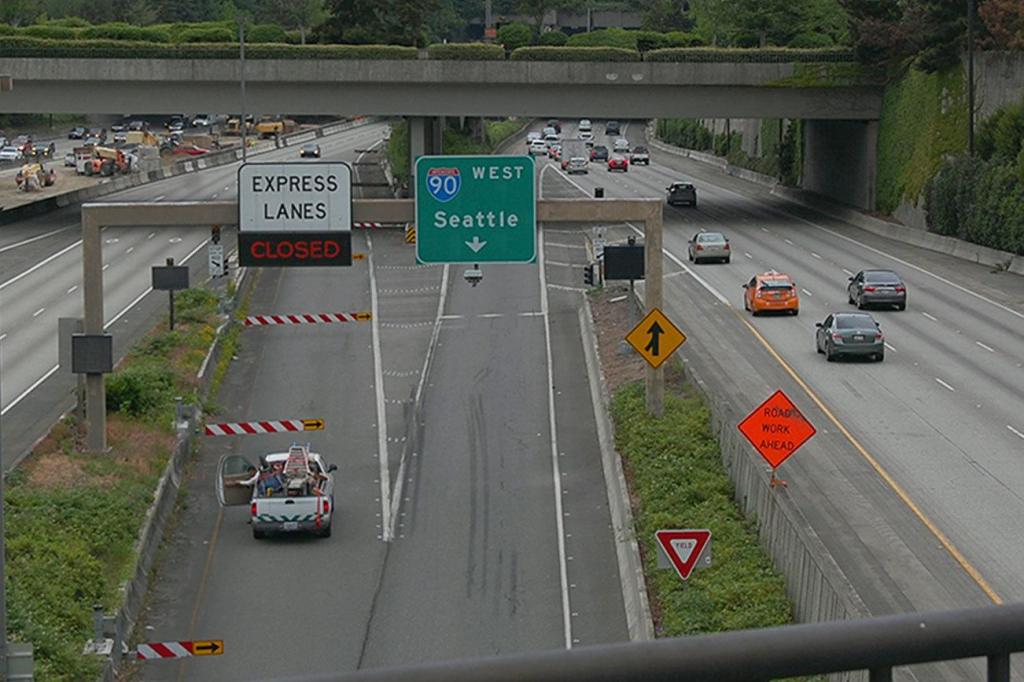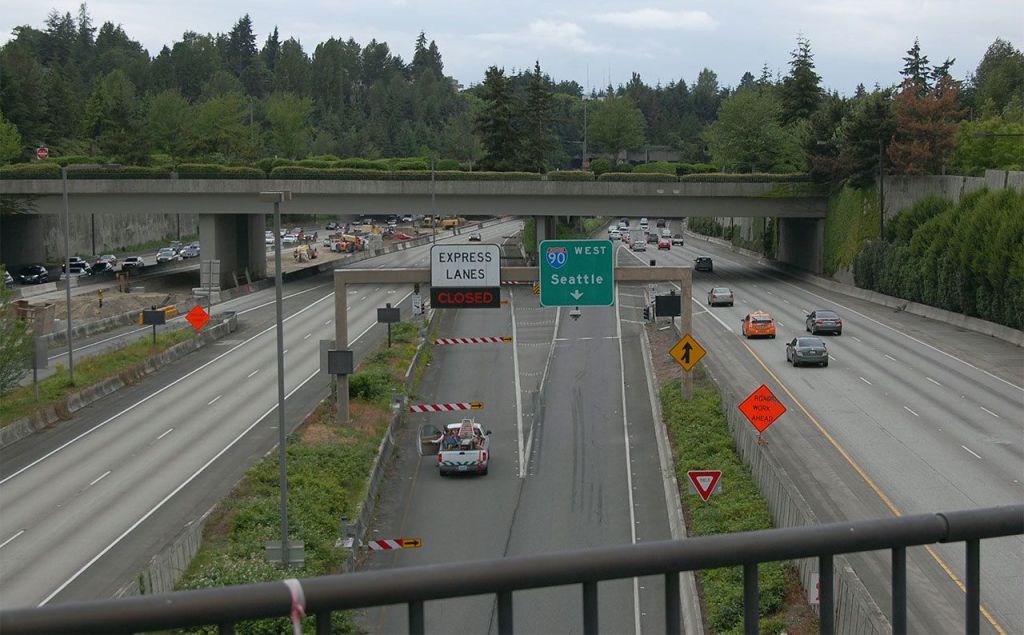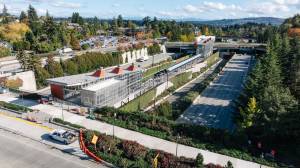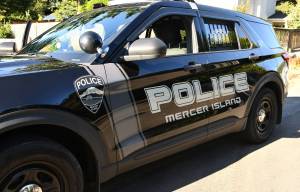City leaders say SOV access to new I-90 lanes unlikely after Olympia meeting
Published 12:00 pm Thursday, January 26, 2017


Mercer Island city leaders went to Olympia on Jan. 23 for a “principals’ meeting” with the parties involved in the ongoing negotiations over Interstate 90 access options and light rail construction impacts, according to a city news release. The meeting was not about overall loss of mobility mitigation, as those “negotiations hinge on I-90 access agreement,” according to the city of Mercer Island’s presentation.
Mayor Bruce Bassett, Deputy Mayor Debbie Bertlin and City Manager Julie Underwood met with the leaders of Sound Transit and the Washington State Department of Transportation (WSDOT) in Olympia, hosted by state Rep. Judy Clibborn (D-Mercer Island), who chairs the House Transportation Committee.
The council and community have been consistent in communicating the need for clarity from WSDOT and all negotiating parties. Based on the principals’ meeting, “attendees unfortunately have every reason to believe that WSDOT plans to deny SOV access at the Island Crest Way westbound on-ramp and use of R8A lanes.”
The message at the meeting was that the agencies should honor historical agreements and WSDOT’s long-standing commitments to Island mobility, specifically the need to maintain access to I-90 for SOV traffic via Island Crest Way and future use of the new R8A lanes.
“Any plan to divert traffic from Island Crest Way to alternate routes to I-90 is a public safety danger that overloads secondary streets, passes schools and stresses the Island’s infrastructure,” according to the news release.
The decision to limit Island Crest Way traffic to HOV-only was communicated to the city by the Federal Highway Administration (FHWA) in August 2016. Traffic diversions caused by this decision could “impact bus operations around the light rail station and increase the potential for pedestrian-vehicle conflicts,” according to the city, and affect overall quality of life on the Island. These sentiments have been echoed by residents at other public meetings.
“We wanted to make clear that while access studies are important, past agreements matter and access options aren’t just about minutes, they’re about community safety and quality of life,” Bassett said in a statement.
WSDOT Secretary Roger Millar agreed to send a letter to the Mercer Island community by the end of the month detailing what short-term access to I-90 will look like. The City Council will take up the WSDOT response letter and overall state of negotiations at its Feb. 6 meeting.
At the Jan. 23 meeting, Sound Transit staff presented a study that examined a number of freeway configurations and access options, projected travel times and potential mitigation and improvements. Although the study is not yet finalized, Sound Transit authorized the release of the draft data, which is available on the city website at www.mercergov.org/files/I-90_PrincipalsMtg_SoundTransit_Ppt.pdf.
One of the stipulations in the 1976 agreement granting access to the I-90 transit lanes to Mercer Island traffic is that speeds must stay above 45 miles per hour. According to the Sound Transit presentation, the westbound morning commute does not meet that policy with Mercer Island SOV traffic in the HOV lane, but would meet the requirement without Mercer Island SOVs.
Underwood provided the “Maintain Mobility” petition signed by over 2,500 residents, as well as letters from the Mercer Island PTAs and School Board, at the meeting. Many Islanders have told the council that they are concerned about cut-through traffic from I-90 impacting school zones near Southeast 40th Street and West Mercer Way.
“We went armed with our residents’ stories, concerns and questions. These fueled our strong message to the transportation agencies that they must honor our historic agreements,” Bertlin said in a statement.
The city’s presentation is available at www.mercergov.org/files/I-90_PrincipalsMtg_23Jan2017.pdf.
According to the presentation, the city is facing “mounting public concern and fear over uncertainty” and “increasing pressure from community to pursue legal options.”
The city encourages the community to submit questions before its next meeting and/or in person. The council will answer as many questions as possible at that time and welcomes ongoing input and feedback from the community via email (council@mercergov.org) or the city’s online comment form at www.mercergov.org/Rail_Comments.
For the latest round of light rail FAQs, click here.






